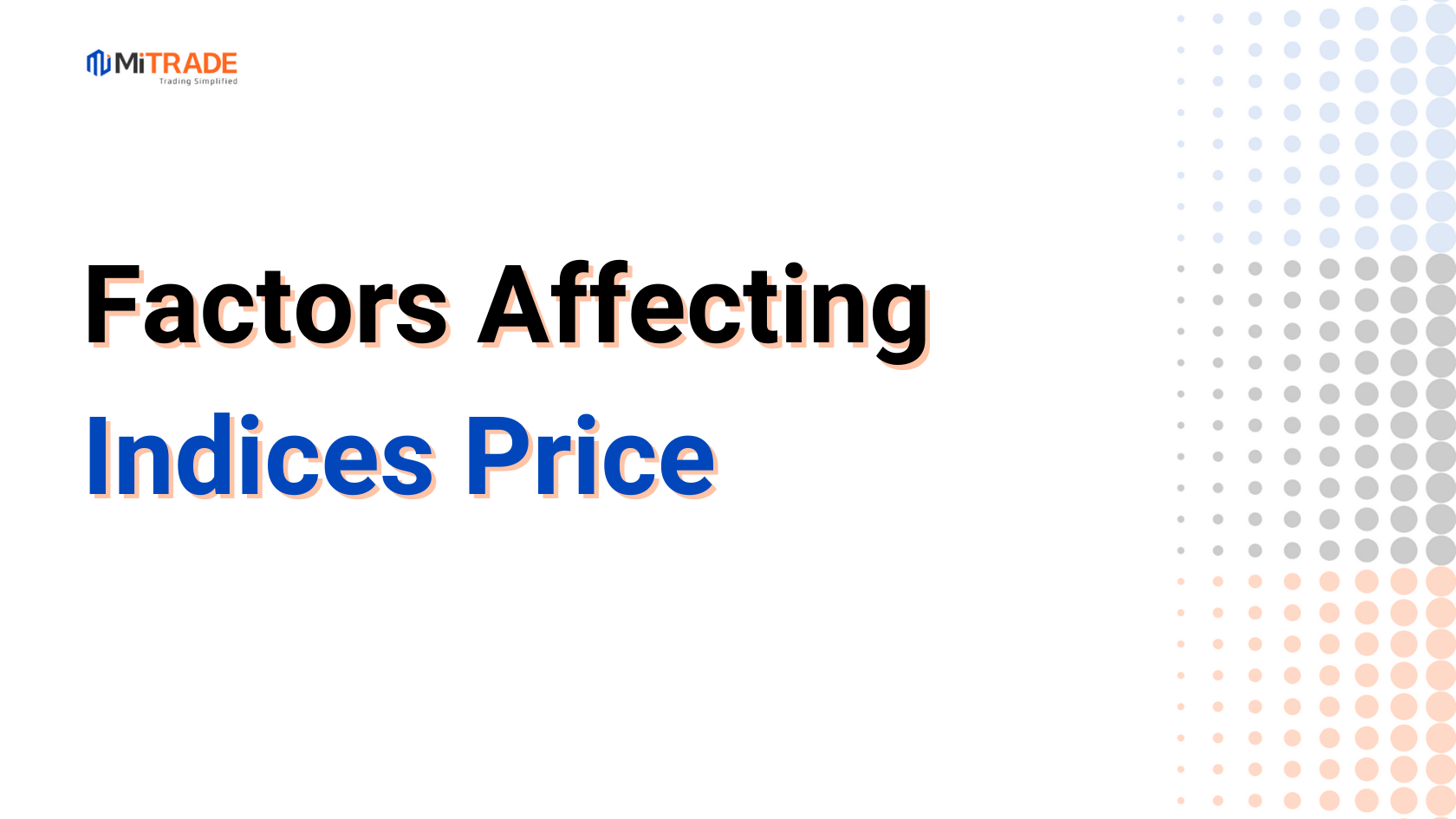
Indices are generally either region-based or sector-based and serve as excellent indicators of prevailing market sentiment. Understanding the correlation between global economic events and the price patterns of major indices is crucial for traders who wish to participate in the dynamic indices markets.
Some factors that can impact the price of an index include:
Political and Global News
Events such as wars, elections, natural disasters, or pandemics can significantly impact an index by affecting a country’s economy or the profit prospects of companies within that index.
Strategies to deal with:
Stay informed: Regularly monitor global news and political developments that could influence market stability.
Diversify investments: Spread investments across different sectors or regions to mitigate risk from specific events.
Use Stop-Loss orders: Implement stop-loss orders to limit potential losses during volatile periods.
Economic News
Economic events and reports—such as central bank rate decisions, non-farm payroll reports (NFPs), trade agreements, and employment indicators—can greatly influence indices.
Strategies to deal with:
Follow economic calendars: Keep track of important economic announcements and adjust trading strategies accordingly.
Analyze historical data: Study how previous announcements have affected indices to anticipate future movements.
Implement risk management: Use risk management techniques to protect against unexpected market reactions.
Index Reshuffle
When a company’s stock is added to or removed from a stock index, it can lead to price shifts in the index itself due to changes in demand and supply.
Strategies to deal with:
Monitor index composition: Stay updated on changes in index composition to anticipate market reactions.
Prepare for volatility: Be ready for potential volatility during index rebalancing periods.
Consider ETFs: Invest in exchange-traded funds (ETFs) that track indices to gain exposure without directly trading individual stocks.
Company News
The performance of individual companies within an index—such as new leadership, mergers, financial results, or policy changes—can affect the index as a whole.
Strategies to deal with:
Conduct fundamental analysis: Analyze individual companies' financial health and potential impacts on the index.
Stay Updated on earnings reports: Monitor earnings announcements and projections closely.
Consider sector trends: Look at trends within the sector to understand broader implications for the index.
Market Sentiment
Market sentiment refers to investors’ attitudes toward current market performance. When the majority of investors speculate that a market will fall, it is termed a "bearish" market. Prevailing sentiment can thus affect indices and how they are traded.
Strategies to deal with:
Gauge sentiment indicators: Use sentiment indicators, such as the Fear & Greed Index, to assess market mood.
Engage in technical analysis: Analyze charts for patterns that indicate shifts in market sentiment.
Adapt trading strategies: Be flexible and adjust trading strategies based on prevailing sentiment and market conditions.
Before making any trading decisions, it is important to equip yourself with sufficient fundamental knowledge, have a comprehensive understanding of market trends, be aware of risks and hidden costs, carefully consider investment targets, level of experience, risk appetite, and seek professional advice if necessary.
Furthermore, the content of this article is solely the author's personal opinion and does not necessarily constitute investment advice. The content of this article is for reference purposes only, and readers should not use this article as a basis for any investment decisions.
Investors should not rely on this information as a substitute for independent judgment or make decisions solely based on this information. It does not constitute any trading activity and does not guarantee any profits in trading.
If you have any inquiries regarding the data, information, or content related to Mitrade in this article, please contact us via email: insights@mitrade.com. The Mitrade team will carefully review the content to continue improving the quality of the article.






